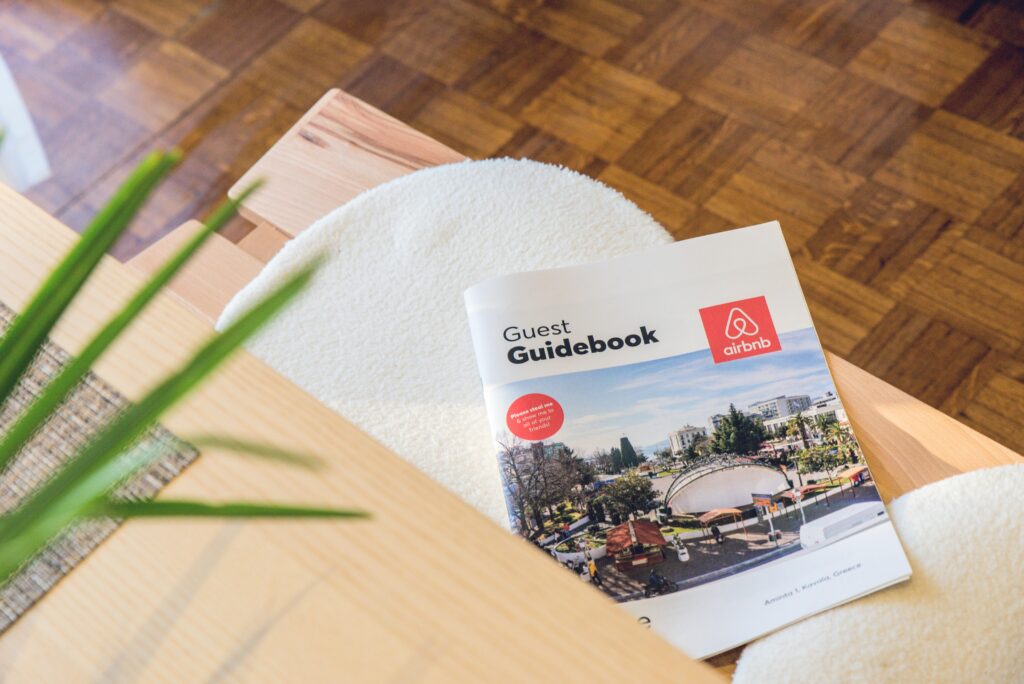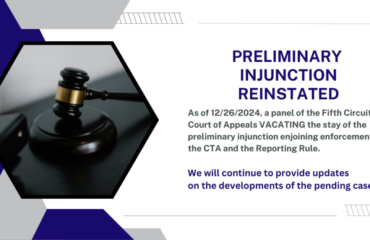
With the rise of companies like Airbnb and Vrbo, and the increasing amount of real property being purchased for rental usage, short-term rentals has been a big issue for community associations for several years. Not only are we seeing more homeowners’ associations (HOAs) and condominium owners’ associations (COAs) banning short-term rentals, but we are seeing more local governments banning them at the city/township level.
It is important to consider many factors when deciding if your community association should take steps to regulate or ban short-term rentals in your community. Here are some of the typical concerns that are attendant when having short-term renters.
Disturbances
Owners within a community often worry about the noise, vandalism, and left over garbage that may occur from short-term renters. Since short-term rentals are sought out for a variety of reasons, including parties, celebrations, and vacations, it is reasonable to have concerns about excessive noise from things like music and renters coming in at late hours. Furthermore, when people unknown within the community are coming and going, vandalism and property damage becomes a concern. Due to the short-term time frame of the rentals, it can often be difficult to find out which person(s) caused damage and hold them responsible.
Parking & Traffic
Increased traffic into and out of a community and parking are often major concerns with short-term rentals. It is not uncommon for communities to deal with short-term renters parking in unprohibited areas, parking spots that belong to another unit, and congested street parking. Increased traffic can also pose safety concerns to pedestrians.
Safety
Because of the nature of short-term rentals, there are often frequent, unknown visitors to a community. This can make many residents uneasy, especially residents that live alone or have young children. There are valid security concerns when there is no known information about the renters that are coming and going in a community.
At Richer Law, we are here to answer questions and discuss the issues and concerns with short term rentals that your community association may have and guide you through the amendment process of the association’s governing documents.



